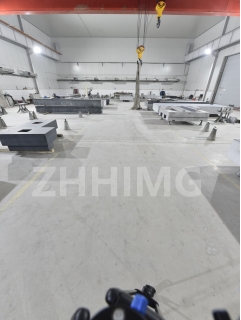# Precision Ceramic Components: Applications and Advantages
Precision ceramic components have emerged as a vital element in various industries due to their unique properties and versatility. These components are engineered to meet stringent specifications, making them ideal for applications that require high performance and reliability.
One of the primary advantages of precision ceramic components is their exceptional hardness and wear resistance. This makes them suitable for use in abrasive environments, such as in the manufacturing of cutting tools and wear-resistant parts. Additionally, ceramics exhibit excellent thermal stability, allowing them to maintain their integrity under extreme temperatures. This property is particularly beneficial in aerospace and automotive applications, where components are often subjected to high heat and stress.
Another significant advantage of precision ceramics is their chemical inertness. Unlike metals, ceramics do not corrode or react with harsh chemicals, making them ideal for use in the medical and pharmaceutical industries. For instance, precision ceramic components are used in dental implants and surgical instruments, where biocompatibility and hygiene are paramount.
In the electronics sector, precision ceramic components play a crucial role in the production of capacitors, insulators, and substrates for circuit boards. Their electrical insulating properties help in minimizing energy loss and enhancing the efficiency of electronic devices. Furthermore, ceramics can be engineered to possess specific dielectric properties, making them indispensable in high-frequency applications.
The manufacturing process of precision ceramic components also allows for intricate designs and complex geometries, which can be tailored to meet specific requirements. This adaptability opens up new possibilities in various fields, from telecommunications to renewable energy technologies.
In conclusion, precision ceramic components offer a multitude of applications and advantages across diverse industries. Their unique properties, including hardness, thermal stability, chemical resistance, and design flexibility, make them an essential choice for modern engineering challenges. As technology continues to advance, the demand for these components is expected to grow, further solidifying their role in innovation and development.
Post time: Oct-29-2024

